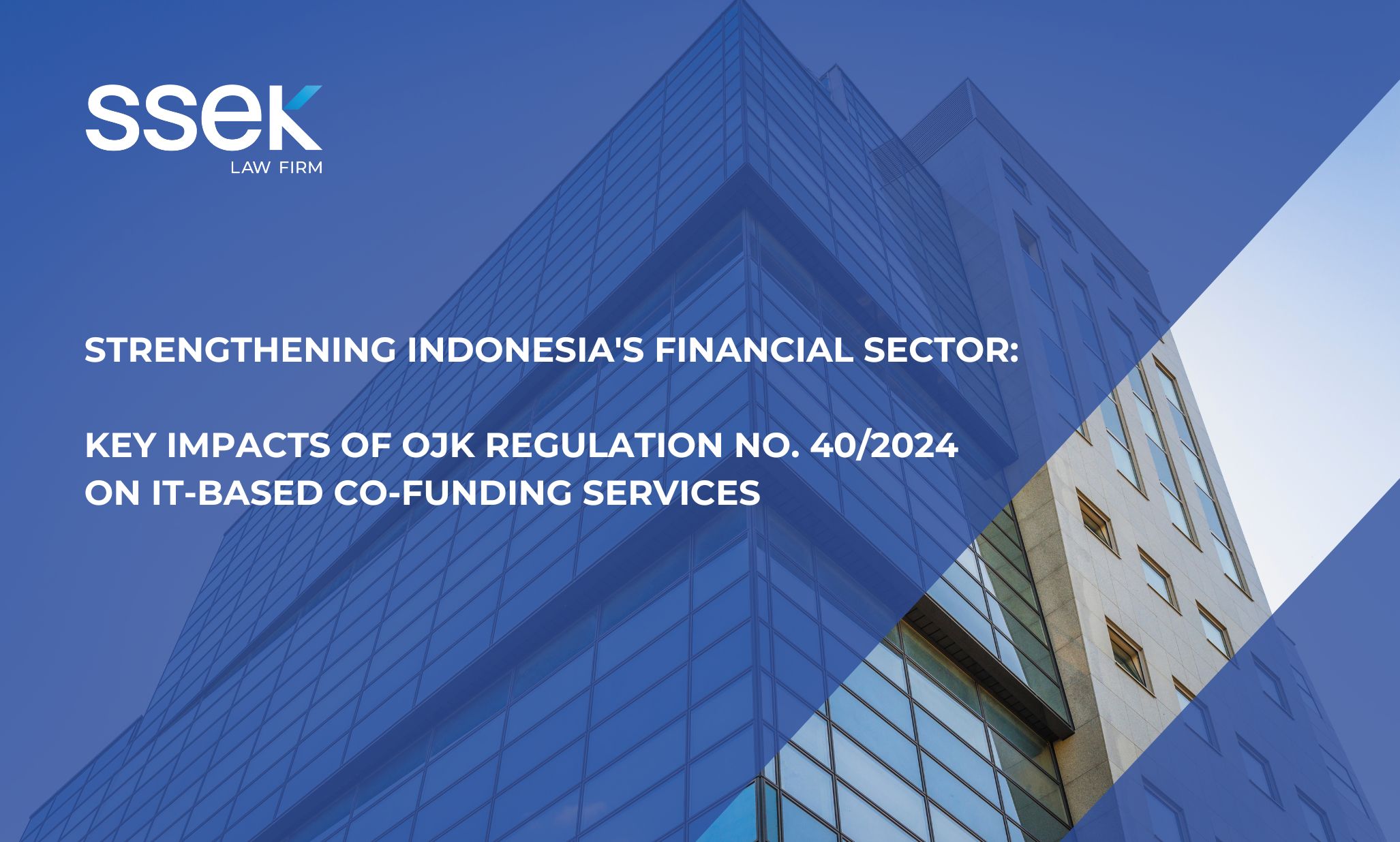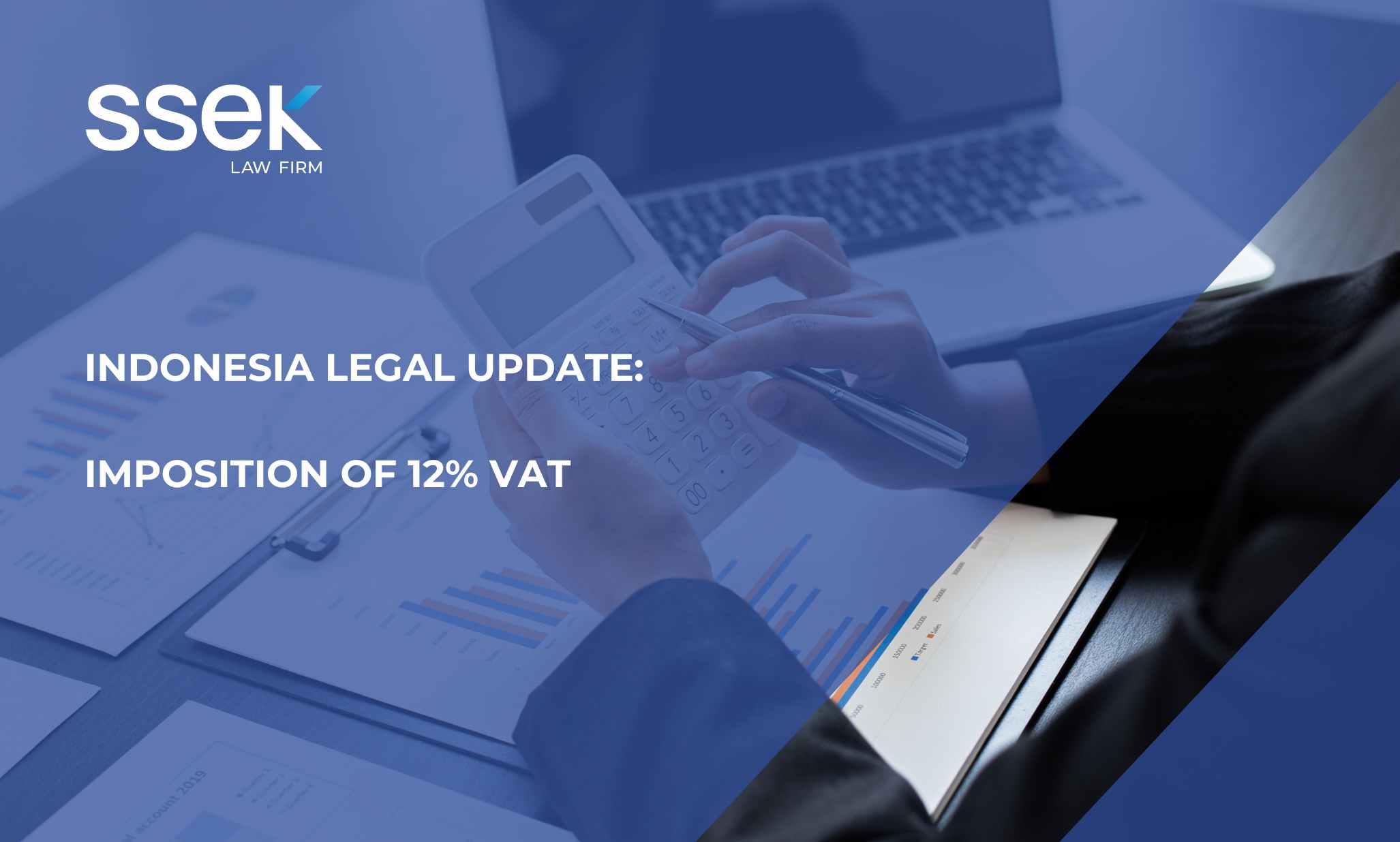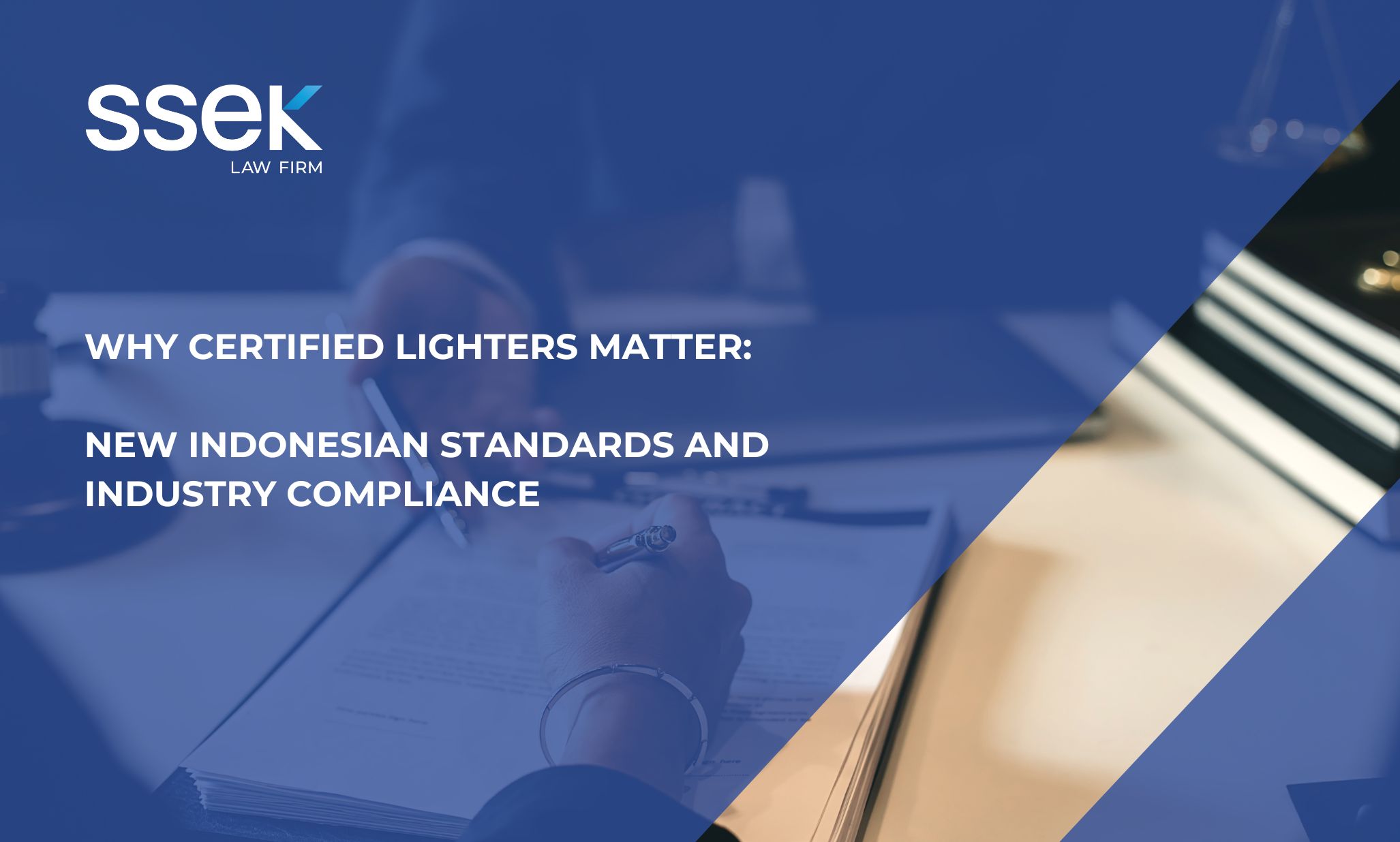

The Indonesian Civil Code (ICC), as the regulatory foundation for contracts, does not regulate pre-contract documents, such as letter of intent, memorandum of understanding, term sheet or other non-binding agreements, although these are customary to be entered into by the transacting parties prior to executing a binding contract.
Before signing a contract as part of a real estate transaction, the buyer will conduct due diligence to identify any material risks that may affect the transaction. The result of the due diligence is crucial to determine the terms and conditions of the binding contract to be entered into by the parties, such as the conditions precedent to be imposed on the seller, representations and warranties from the seller and indemnity in favor of the buyer. The parties will usually execute a non-disclosure agreement before making any disclosure of documents, data and information for the purpose of the due diligence.
The use of a real estate broker is common for the sale or lease of property, but a real estate broker's business activity does not cover real estate financing. Pursuant to Minister of Trade Regulation No. 51/M-DAG/PER/7/2017 Regarding Property Brokerage Companies (3 August 2017), the activities of a real estate broker include services for property analysis, marketing, consultation and dissemination of information regarding property. A real estate broker will receive a commission for its services. For sale transactions, the commission ranges from 2-5% of the transaction value, while for lease transactions it is 5-8% of the transaction value.
The real estate brokerage business is closed for foreign investment and real estate brokerage companies must obtain a business license from the Minister of Trade. The experts employed by brokerage companies must obtain a competence certificate.
Contract of Sale
Land is legally acquired in Indonesia upon the execution of a Sale Purchase Deed (AJB) by the seller and buyer, or a Land Relinquishment Deed (APH) in favor of the buyer. An AJB is used if the buyer wishes to acquire certificated title to the land with the same type as the seller's certificated title. An APH is used if the seller has certificated title to the land that is not the same type of title that the buyer can or wants to acquire, or if the seller does not yet have certificated title to the land to be sold.
An AJB or APH must be drawn up by a Land Deed Official (PPAT) having jurisdiction over the land and be executed in the Indonesian language before such PPAT. The clauses in the AJB or APH are normally standard clauses (eg, details of the land object, purchase price, transfer of proceeds and liabilities upon transfer of title or execution of the deed,
allocation of fees, and dispute settlement forum). As AJBs and APHs are documents that would need to be submitted or provided to governmental authorities or other third parties for various purposes, the transacting parties usually refrain from disclosing therein arrangements that are commercial, sensitive or confidential in nature. These arrangements are customarily regulated in a separate sale and purchase contract between the parties.
Matters that are generally regulated in the contract include conditions precedent, representations and warranties of both the seller and buyer, undertakings or covenants, events of default, and indemnity.
This first appeared in Lexology GTDT Real Estate 2021.
This publication is intended for informational purposes only and does not constitute legal advice. Any reliance on the material contained herein is at the user's own risk. All SSEK publications are copyrighted and may not be reproduced without the express written consent of SSEK.









